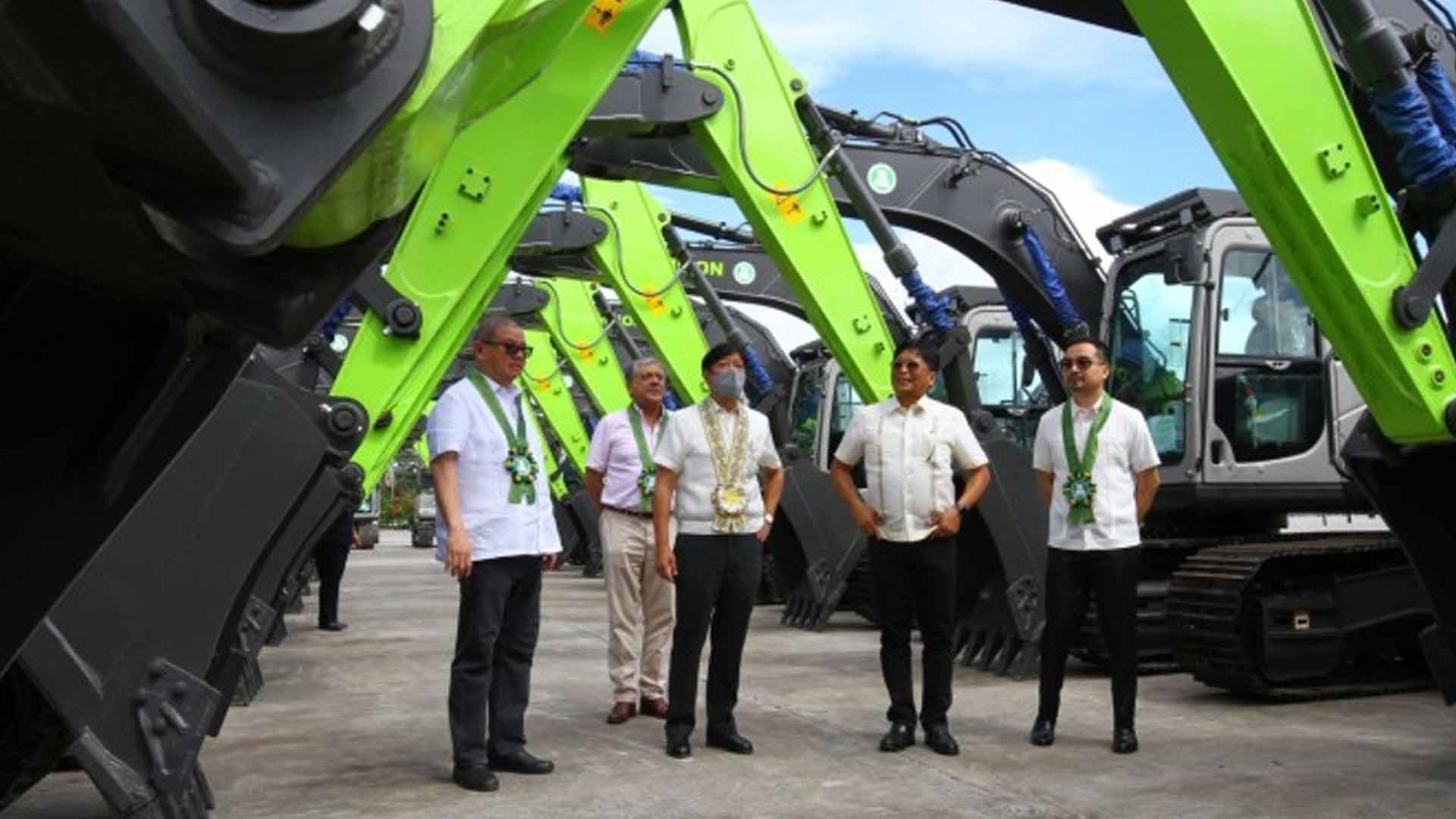President Ferdinand R. Marcos Jr. on Wednesday said the El Niño Task Force has been reorganized, as part of the extensive efforts to ensure food, water, and power security amid the weather phenomenon.
“I have created under the Office of the President a Task Force El Niño. There already exists one pero babaguhin natin ang (we will change its) structure,” Marcos said in a media interview on the sidelines of an event in Lupao, Nueva Ecija.
“I think [of] a more serious and a more extensive effort because we really have to get everybody involved to be able to prepare, to make sure we can minimize, alleviate, and adapt to climate change,” he added.
The El Niño Task Force was reconstituted in May this year, in response to Marcos’ call for a “whole-of-government” and “whole-of-nation” approach to prepare for the possible impact of El Niño.
Marcos said the country may adopt new techniques to ensure water and power security amid the El Niño phenomenon.
“Water is the same thing. We have to be very logical and rational [in] the way we distribute the water, to be able to determine which areas really need the water most,” he said. “As we all know, when the water levels in our dams go down, the energy becomes a scarce resource. We have to be more efficient in the distribution of whatever power that we generate.”
Around 65 provinces are expected to experience drought, while six provinces may experience dry spell by end of May because of a “strong El Niño, Science and Technology Secretary Renato Solidum said in a Palace briefing on Tuesday.
Marcos met with concerned government agencies on Tuesday to discuss several initiatives to mitigate the impact of El Niño, including the implementation of an action plan to ensure water security, food security, energy security, health security and public safety amid the phenomenon.
Marcos sought to raise public awareness on El Niño and its possible effects in the country.
“So, that is one of the few things that we will embark upon in our informational campaign to make people understand what the situation is; what they can do themselves in each household, in the farms, industry; what they can do to help us save water,” he said.
During the turnover of 141 units of wheeled excavators to the National Irrigation Administration’s (NIA) field office in Olongapo City, Zambales, Marcos said the government would exhaust all efforts to ensure the country’s preparedness for El Niño.
Marcos vowed to procure additional excavators and needed equipment to further improve the irrigation system in the country.
This, as he acknowledged that the excavators would be instrumental in maintaining the 257 national irrigation systems and 10,144 communal irrigation systems nationwide.
“As we receive these units today, I enjoin everyone at NIA to continue your collaboration with all the agencies of government,” Marcos said. “I call on you to work closely with the DBM (Department of Budget and Management) to secure the funding for the acquisition of the needed additional machinery.”
He said his administration’s first priority is to make sure there is sufficient food, water and power supply, in case a possible drought hits the country.
“I call on the Department of Agriculture, the NIA to assess the farmers’ needs to accelerate the construction of irrigation facilities from existing water sources. We must be prepared to address the effects of El Niño,” Marcos said.
“We have instructed, included in this effort, the Department of National Defense, the DENR (Department of Environment and Natural Resources) and the Department of Agriculture para pag-aralan lahat ng ating kayang gawin upang mapaghandaan ang magiging hamon pagdating nga ng tagtuyot (to study everything we can do to prepare for the challenge when there is drought),” he added. (PNA)









